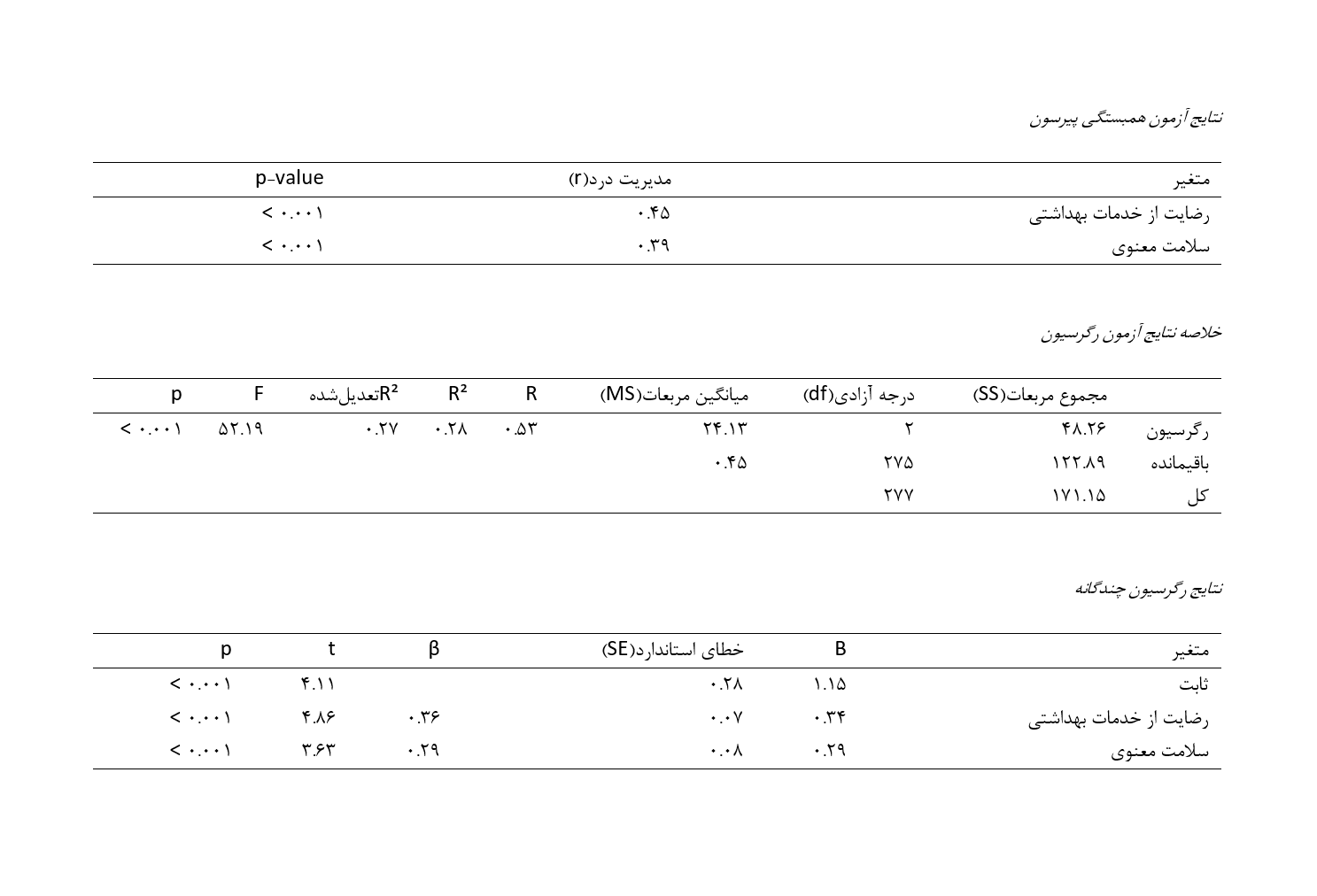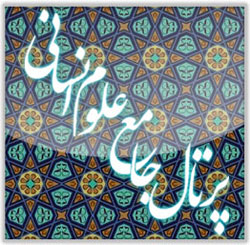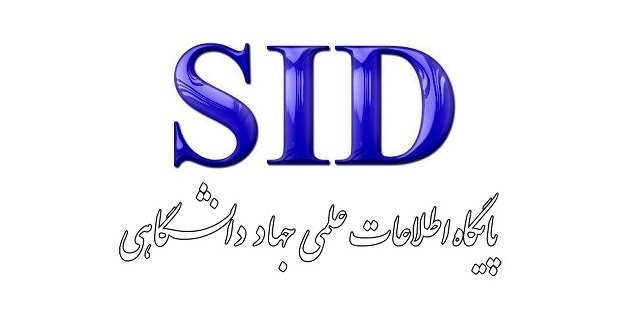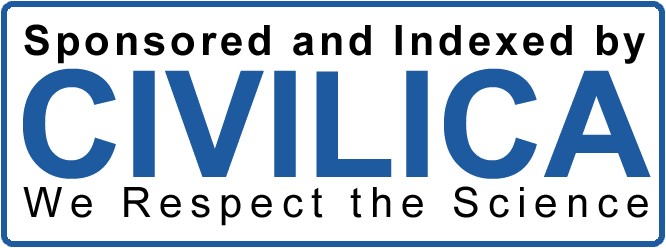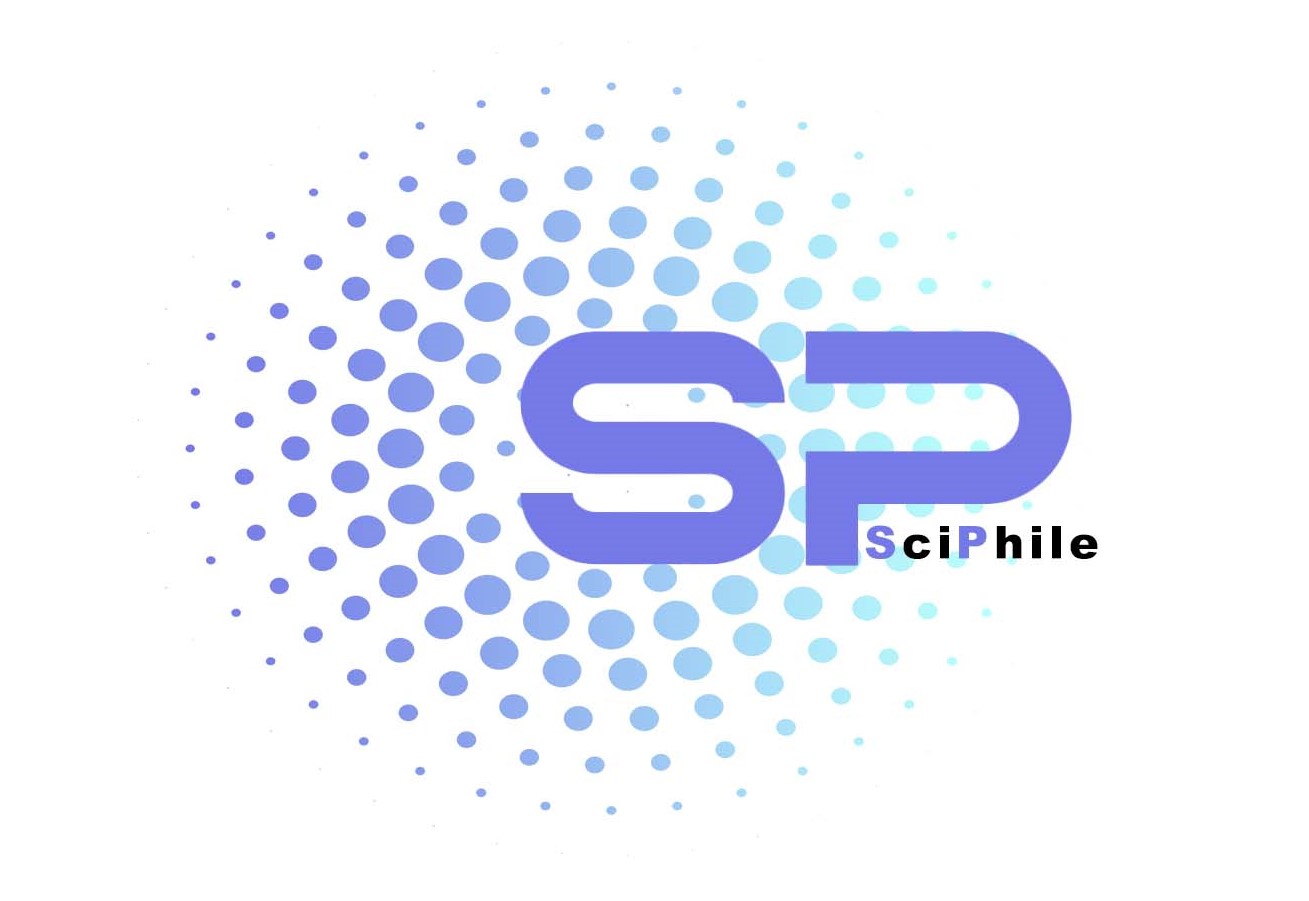Pain Management and Its Correlation with Healthcare Satisfaction and Spiritual Wellbeing in Tehran Patients
Keywords:
Pain Management, Healthcare Satisfaction, Spiritual WellbeingAbstract
This study aims to examine the relationship between healthcare satisfaction, spiritual wellbeing, and pain management in patients from Tehran. It explores how these independent variables can predict the effectiveness of pain management strategies. A cross-sectional study was conducted involving 278 participants from Tehran. The sample size was determined based on the Morgan and Krejcie table. Data were collected using standard questionnaires for pain management, healthcare satisfaction, and spiritual wellbeing. The data were analyzed using Pearson correlation and multiple linear regression through SPSS-27 software. Descriptive statistics showed that the mean and standard deviation for pain management were 3.65 and 0.78, for healthcare satisfaction were 4.12 and 0.64, and for spiritual wellbeing were 3.85 and 0.71. Pearson correlation results indicated significant positive correlations between pain management and healthcare satisfaction (r = 0.45, p < 0.001) and between pain management and spiritual wellbeing (r = 0.39, p < 0.001). Multiple linear regression analysis revealed that both healthcare satisfaction (B = 0.34, SE = 0.07, β = 0.36, p < 0.001) and spiritual wellbeing (B = 0.29, SE = 0.08, β = 0.29, p < 0.001) significantly predicted pain management. The findings suggest that higher levels of healthcare satisfaction and spiritual wellbeing are associated with better pain management outcomes. These results underscore the importance of considering patients' satisfaction with healthcare services and their spiritual wellbeing in developing effective pain management strategies. Further longitudinal studies are recommended to explore causal relationships.
